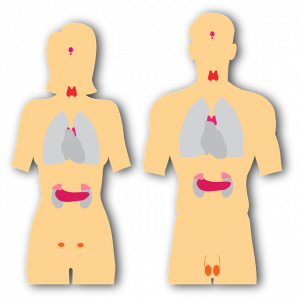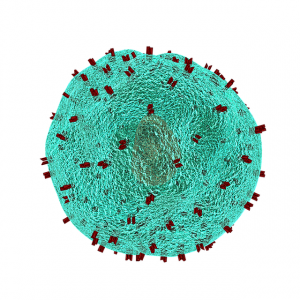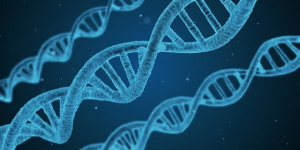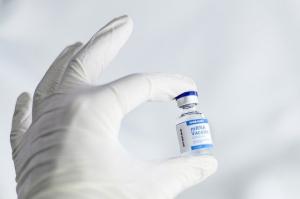Selenium has beneficial effects on the prevention and treatment of heart failure. Higher serum selenium levels are associated with a lower risk of new-onset heart failure and with a lower risk of mortality. Now, data from a 2024 cohort study suggest that strengthened immune system function may be a mechanism that explains the positive effect of selenium [Al Mubarak 2024].

In the study, Al Mubarak et al analyzed the data from a cohort of 2,328 patients diagnosed with heart failure. Heart failure is the medical term to describe patients with a heart muscle that cannot pump as much blood out to the tissues and organs as it should. The heart is too weak or too stiff to fill up with blood and pump out blood optimally. Heart failure is frequently associated with a build-up of fluid in the lungs – causing shortness of breath – and in the lower extremities. The bottom line is that heart failure can be life-threatening [Mayo Clinic Staff 2025].









